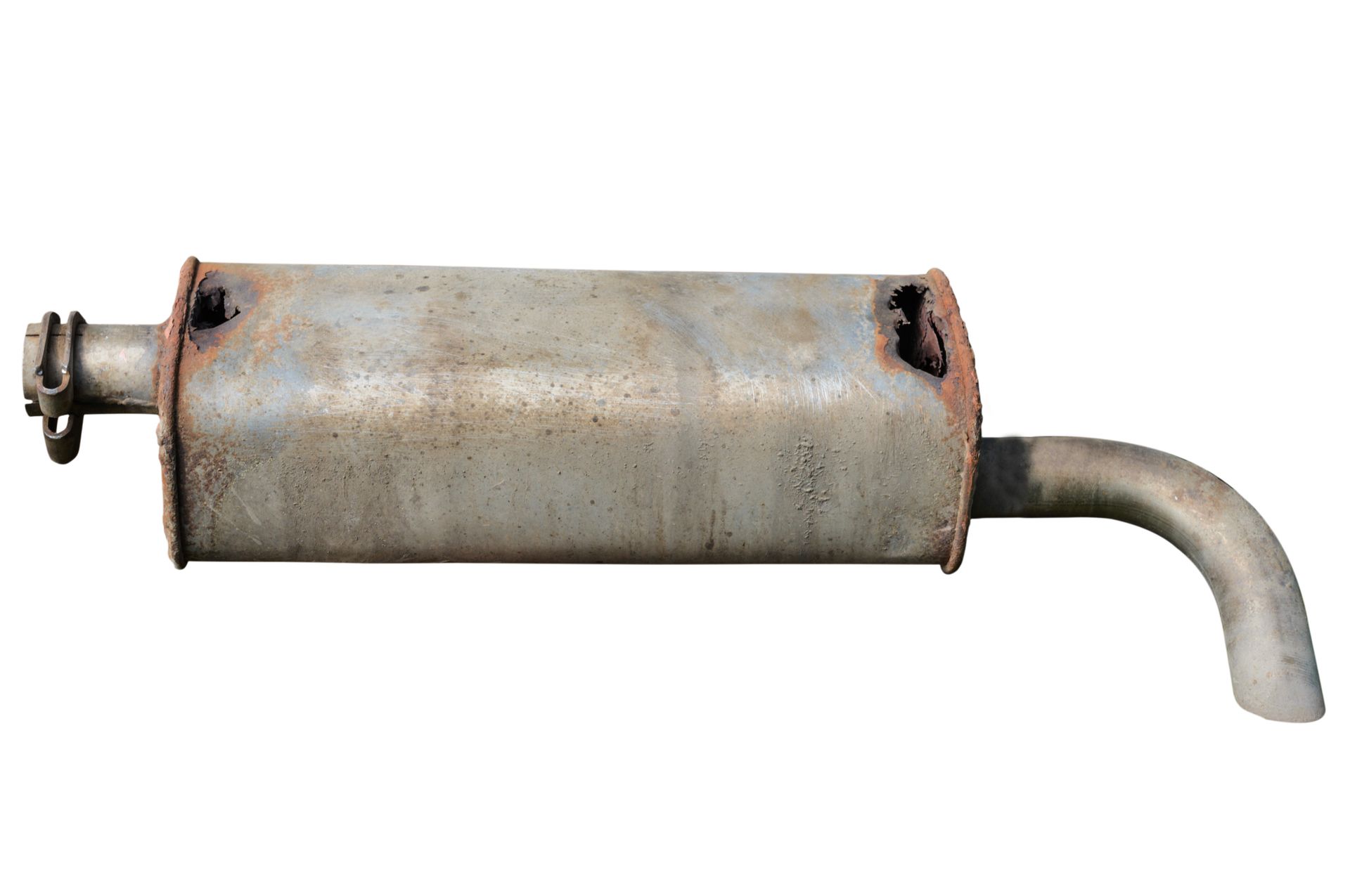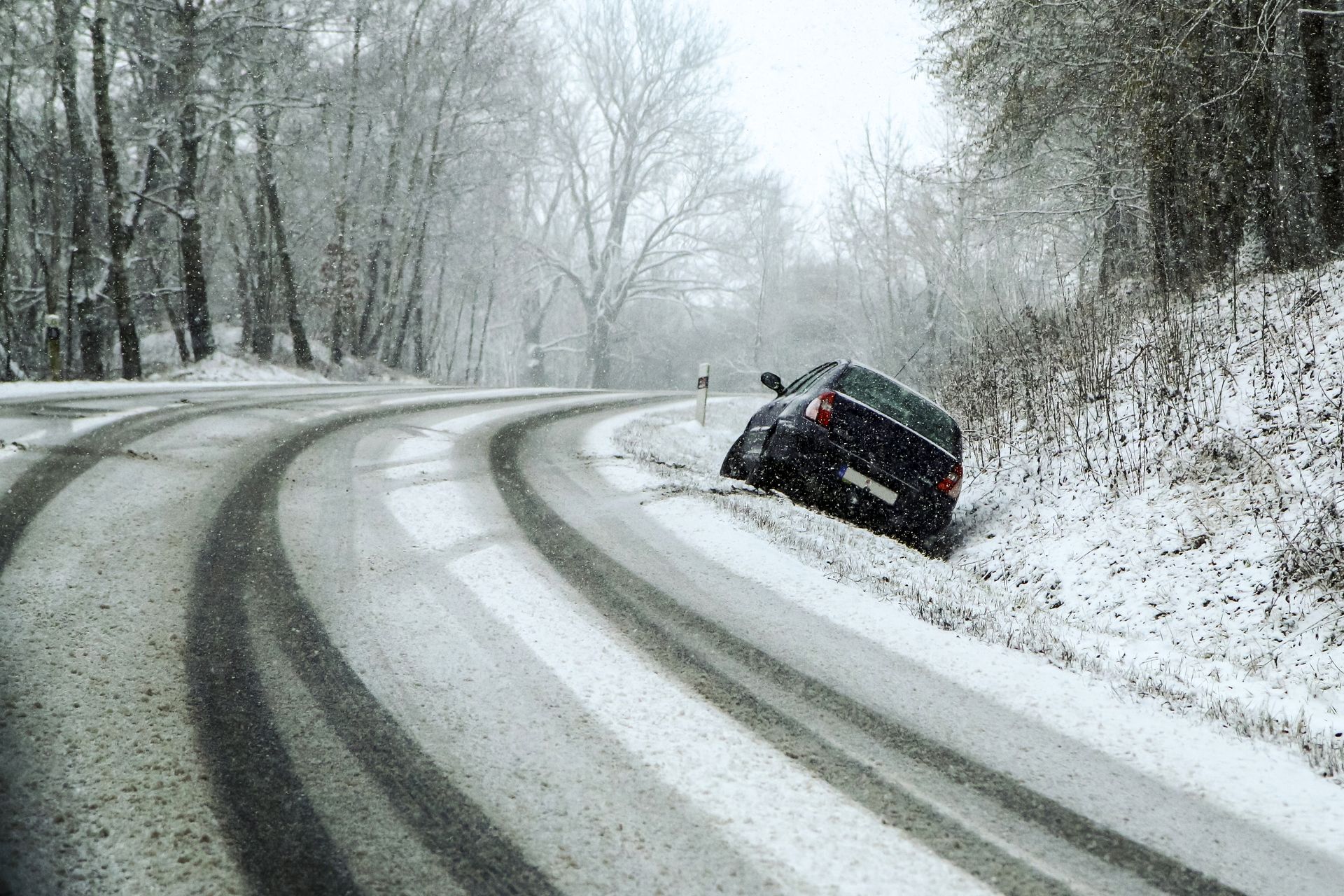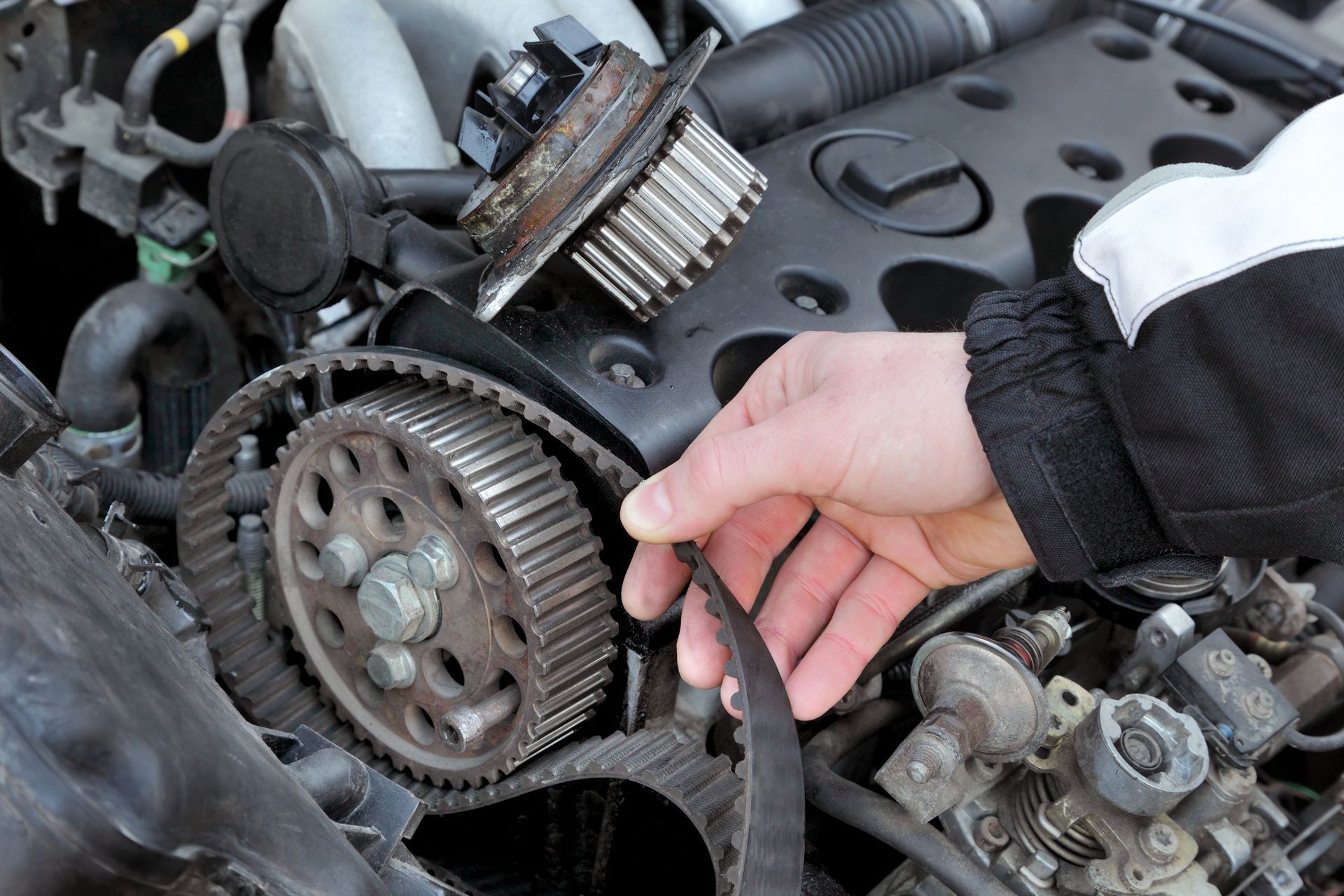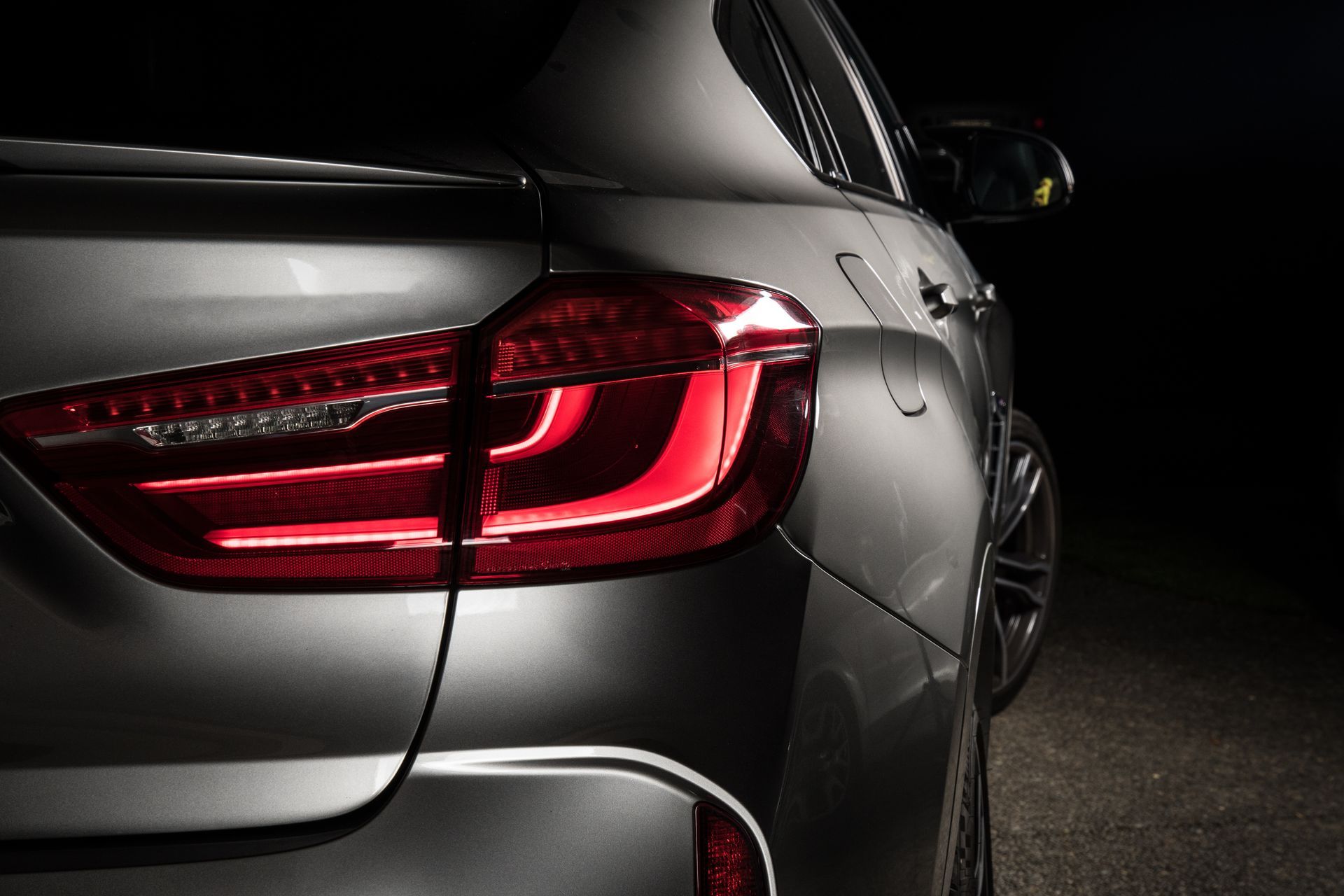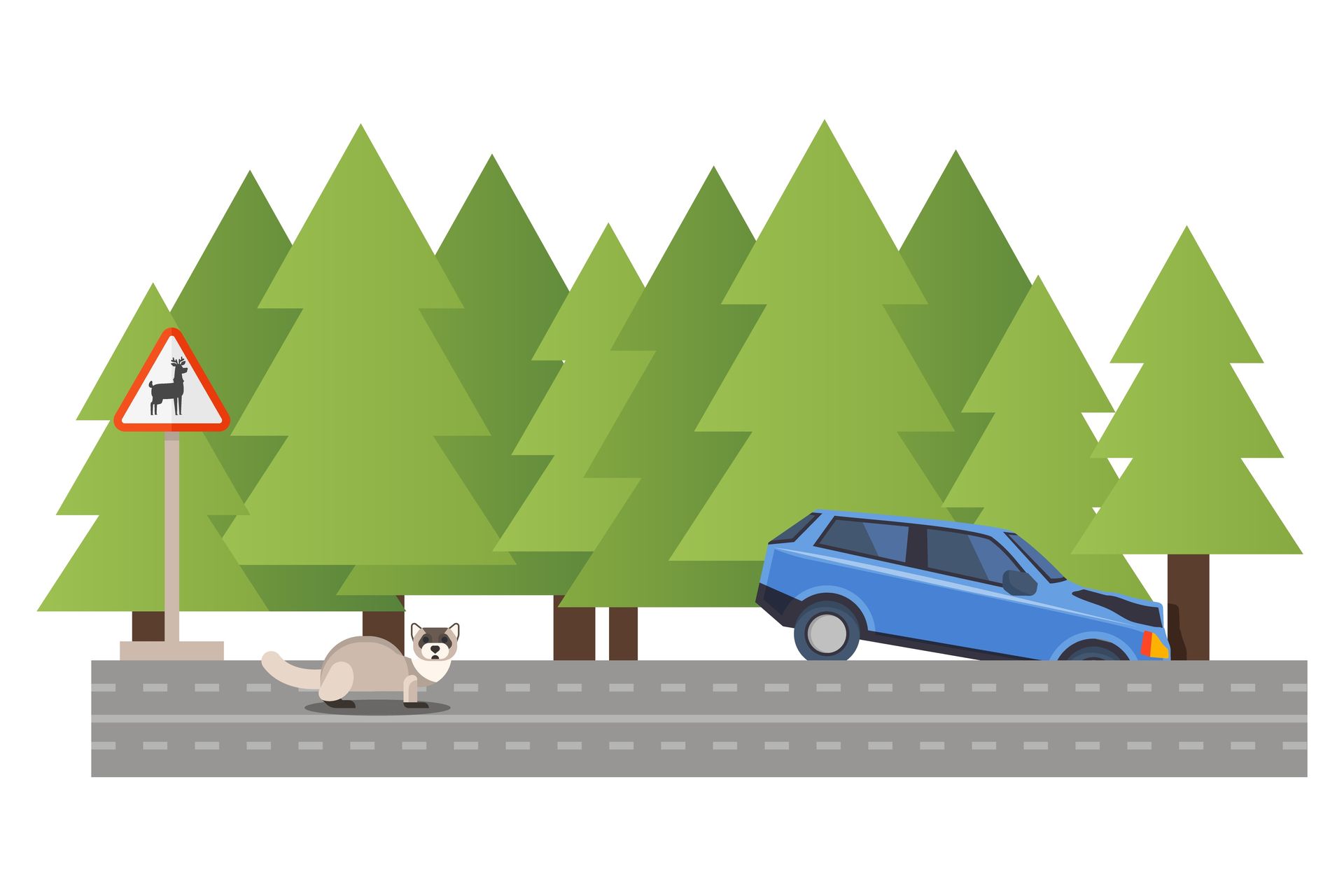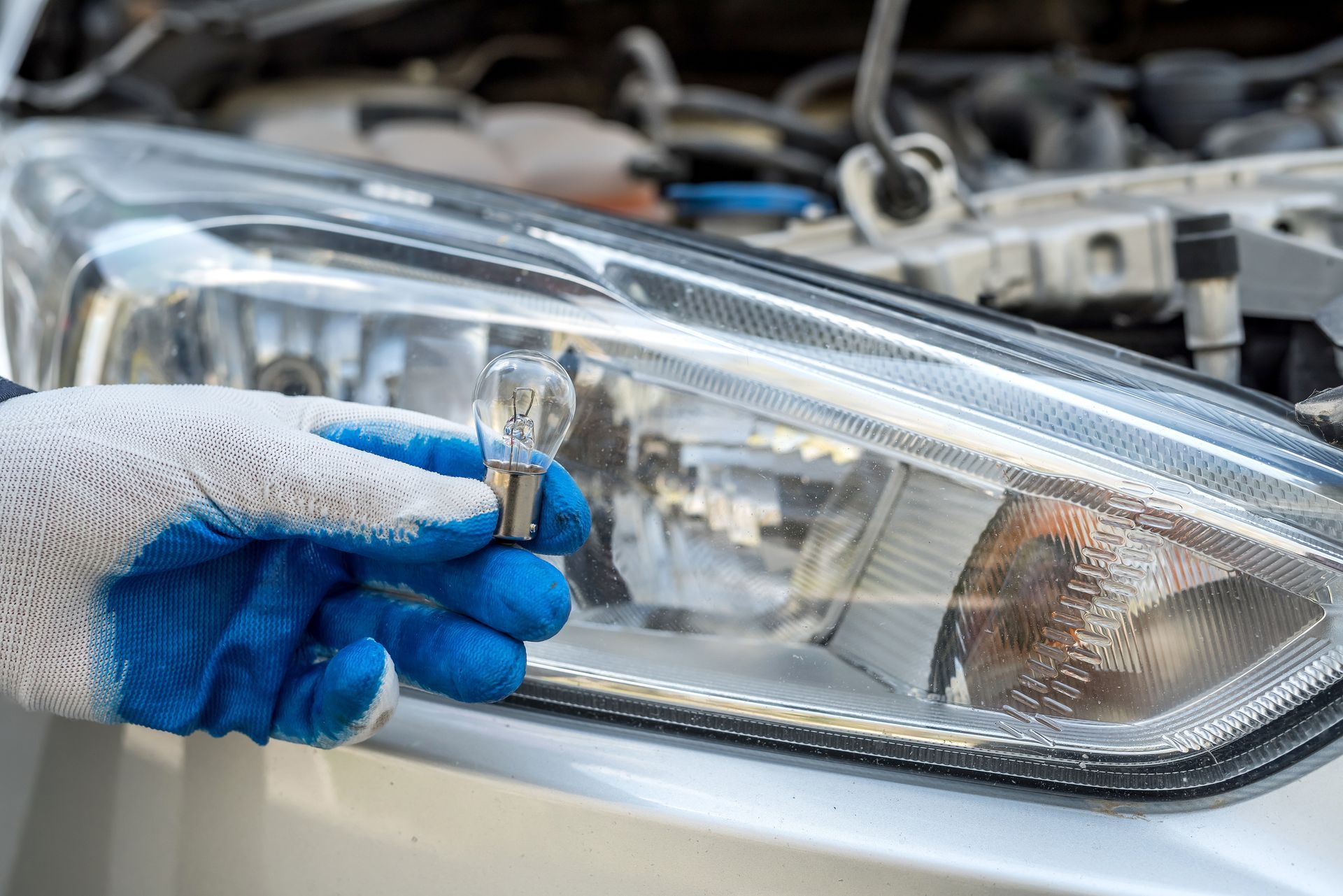Loading ...
Missing business hours data / Error occurred while getting the data.
Loading ...
Missing business hours data / Error occurred while getting the data.
What to Do When My Car Won’t Start in Cold Weather
February 28, 2025
Waking up on a freezing morning, rushing to get to work, and discovering that your car won’t start is one of the most frustrating experiences for any driver. Cold temperatures can be brutal on your vehicle, causing various issues that prevent the engine from turning over. Whether it’s a weak battery, thickened oil, or frozen fuel lines, winter weather can create a whole range of problems that leave you stranded. Understanding why this happens and what you can do about it will help you stay prepared when winter hits.
Why Cold Weather Affects Your Car’s Ability to Start
When temperatures drop, your car’s battery, engine oil, and fuel system are all affected. The cold slows down chemical reactions in the battery, reducing its ability to provide enough power to start the engine. Thickened oil makes it harder for the engine to turn over, and fuel lines can even freeze if there is moisture in the system. If your car struggles to start when the temperature drops, one of these factors could be the culprit.
Check Your Battery First
One of the most common reasons cars won’t start in the cold is a weak or dead battery. When temperatures plummet, your battery loses efficiency, and if it’s already old or struggling, it may not have enough power to crank the engine.
If your car is making a clicking sound when you turn the key or the lights seem dim, your battery might not have enough charge. Try jump-starting it with jumper cables and another vehicle. If the engine starts, drive around for at least 20 minutes to recharge the battery. However, if your battery dies again the next time you start your car, it’s likely time for a replacement.
Use the Right Engine Oil
Engine oil thickens in cold temperatures, making it harder for your engine to turn over. If your oil is too thick, the starter motor has to work much harder to crank the engine, which can prevent your car from starting.
Check your vehicle’s owner’s manual for the recommended oil viscosity for winter conditions. Many modern vehicles use synthetic oil, which flows better in the cold and helps prevent starting issues. If your car is due for an oil change, switching to winter-grade oil could make a big difference in preventing cold-weather starting problems.
Fuel System Issues in Cold Weather
If your battery seems fine and your oil is the right type, but your car still won’t start, the issue could be with your fuel system. In extremely cold temperatures, moisture in the fuel lines can freeze, blocking the flow of fuel to the engine.
Keeping your gas tank at least half full during winter can help prevent fuel lines from freezing. If you suspect frozen fuel lines, using a fuel-line antifreeze additive can help thaw them out and prevent future issues. Diesel engines are particularly susceptible to fuel gelling in freezing temperatures, so using winter-grade fuel is essential.
Try Warming Up the Engine
If your car refuses to start, sometimes all it needs is a little extra warmth. Parking in a garage or using an engine block heater can help keep your engine and fluids at a higher temperature, making it easier to start in the morning.
An engine block heater plugs into an electrical outlet and warms the engine before you start it. If you live in an area with harsh winters like Calgary, AB, using a block heater overnight can prevent cold-weather starting problems and extend your engine’s lifespan.
Other Quick Fixes to Try
- Press the Clutch (Manual Transmission Cars): In some vehicles, pressing the clutch while turning the key helps the engine crank more easily in cold weather.
- Turn Off Accessories: Before starting the car, turn off the heater, headlights, and radio to reduce strain on the battery.
- Try Starting in Neutral: If the car doesn’t start in park, shifting to neutral and trying again might work.
Don’t let winter leave you stranded! If your car refuses to start on cold mornings, let
Shawnee Station Automotive in Calgary, AB, take a look. Our team can check your battery, engine oil, and fuel system to make sure your car is winter-ready. Call us today to schedule an appointment!
Loading ...
Missing business hours data / Error occurred while getting the data.
Call Us:
Loading ...
Missing nap lines data / Error occured while getting the data.


